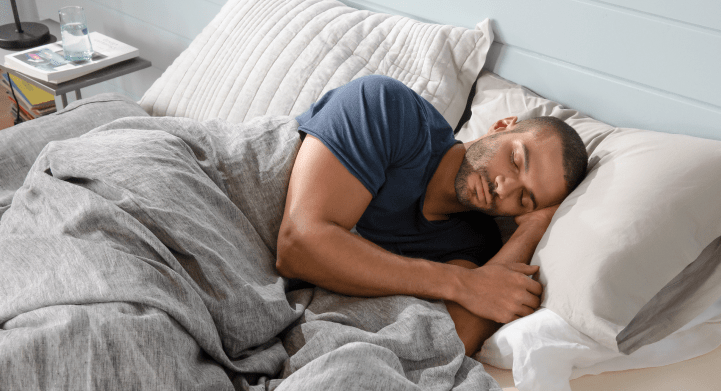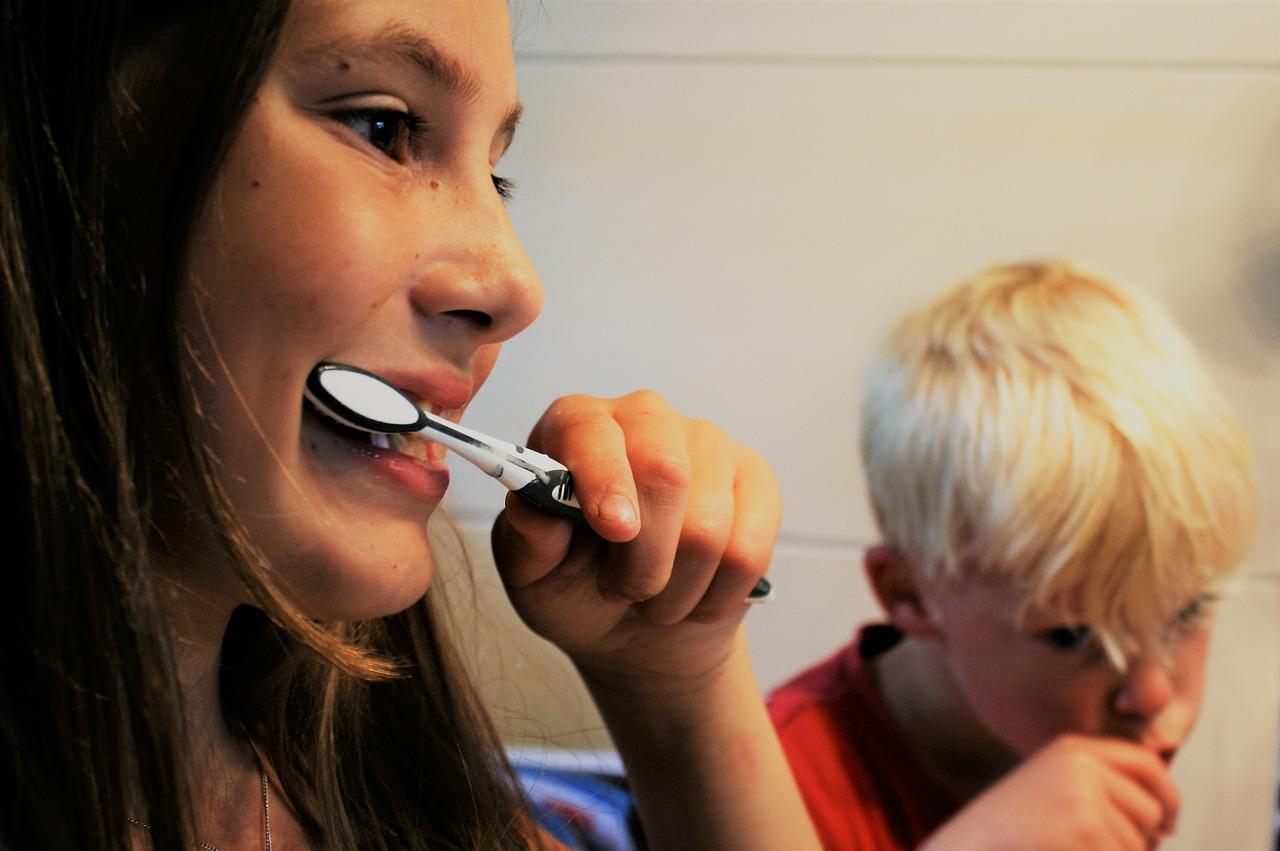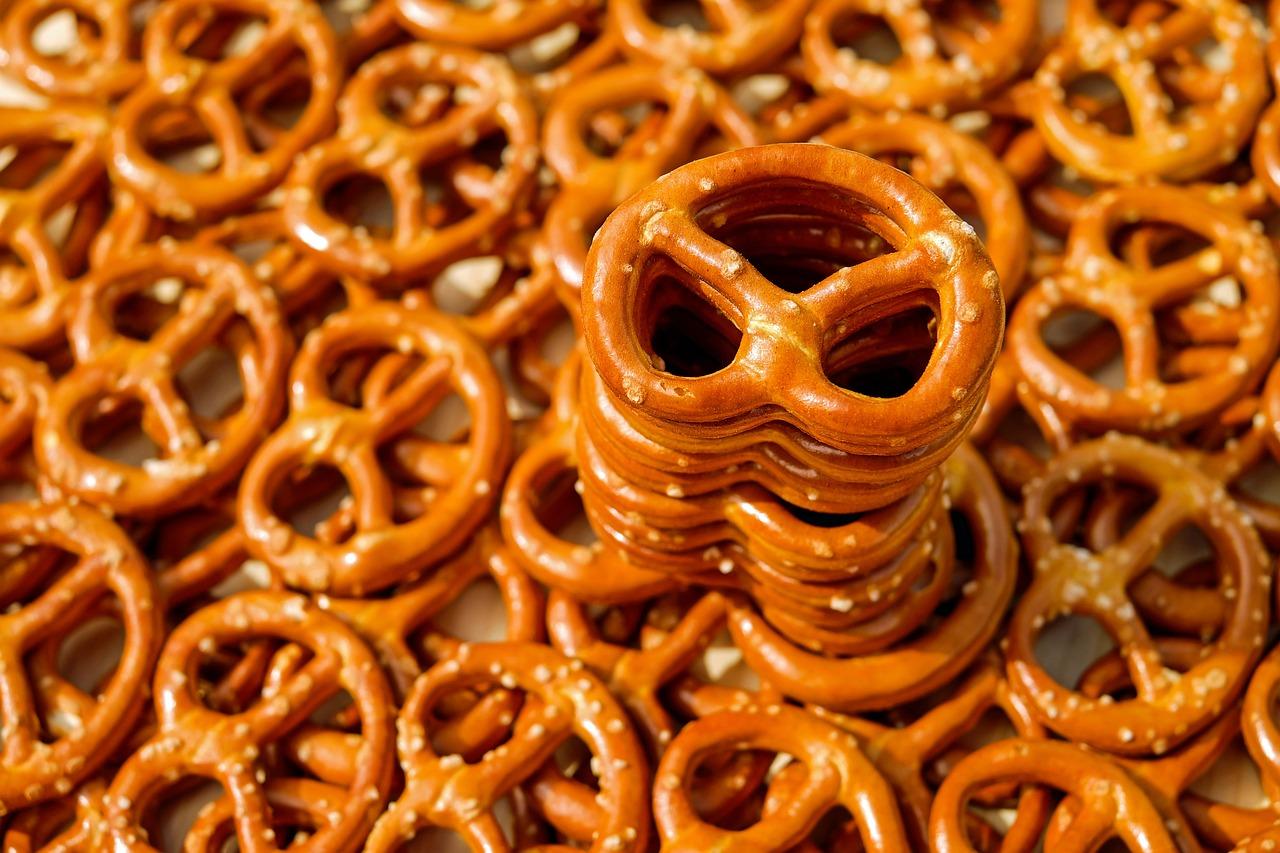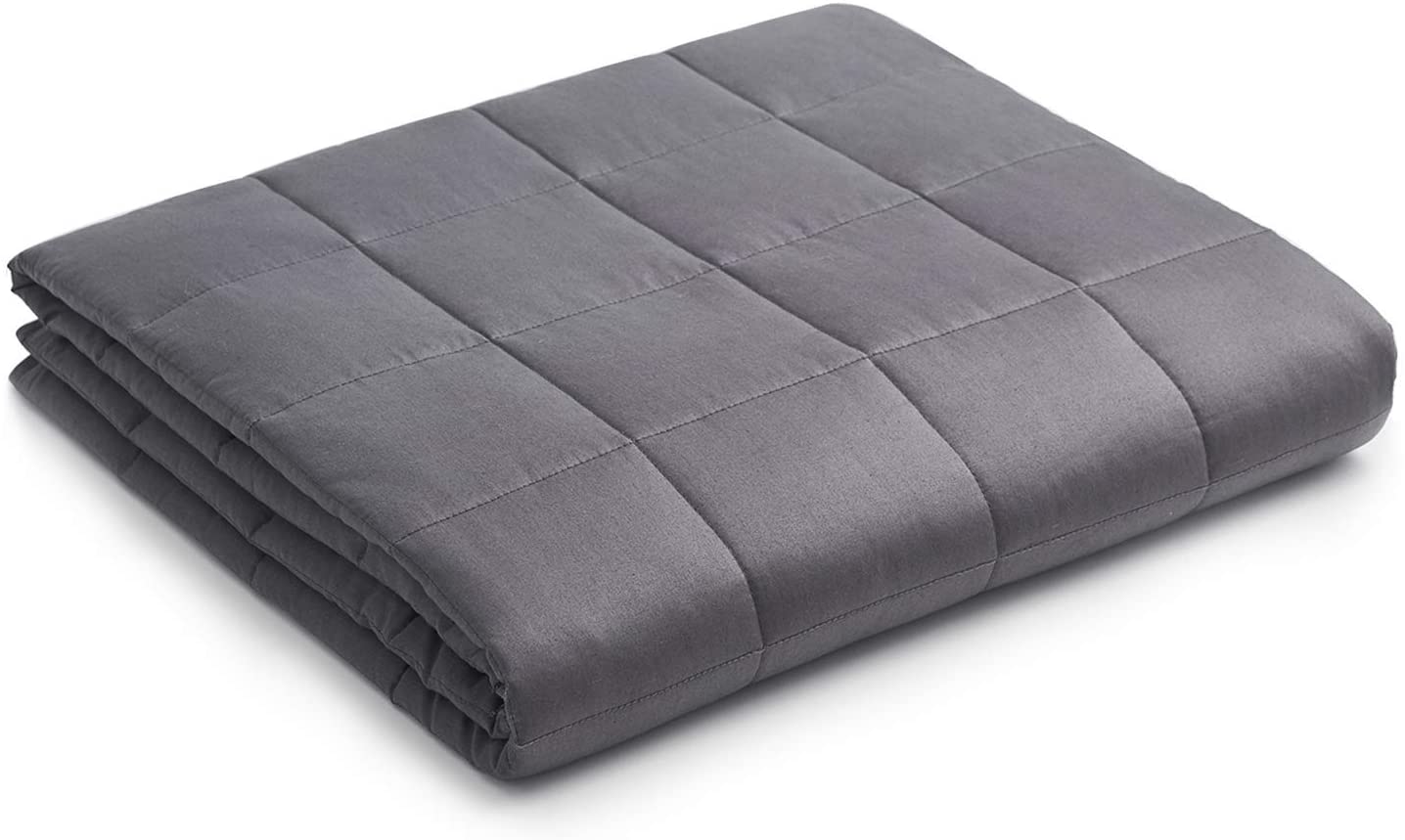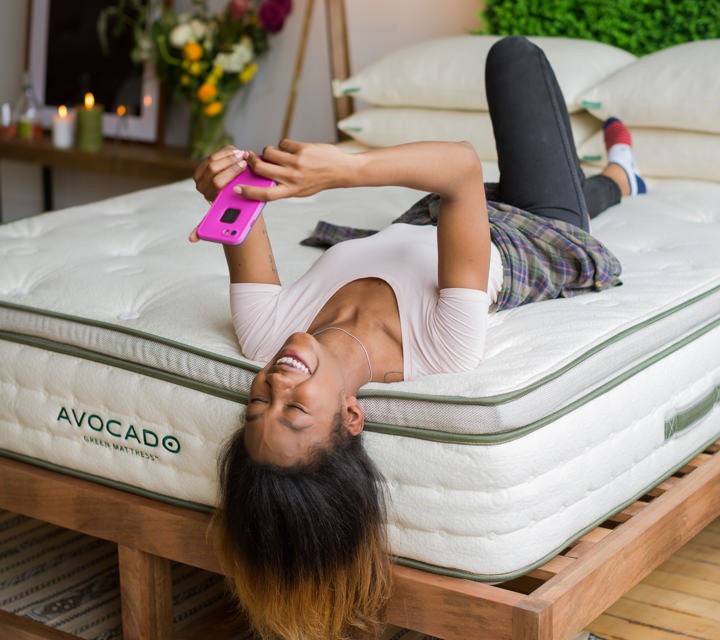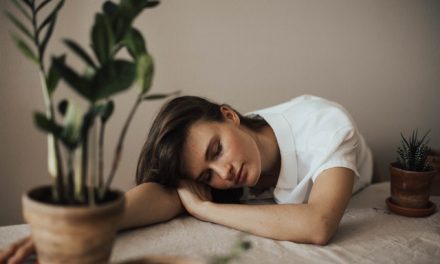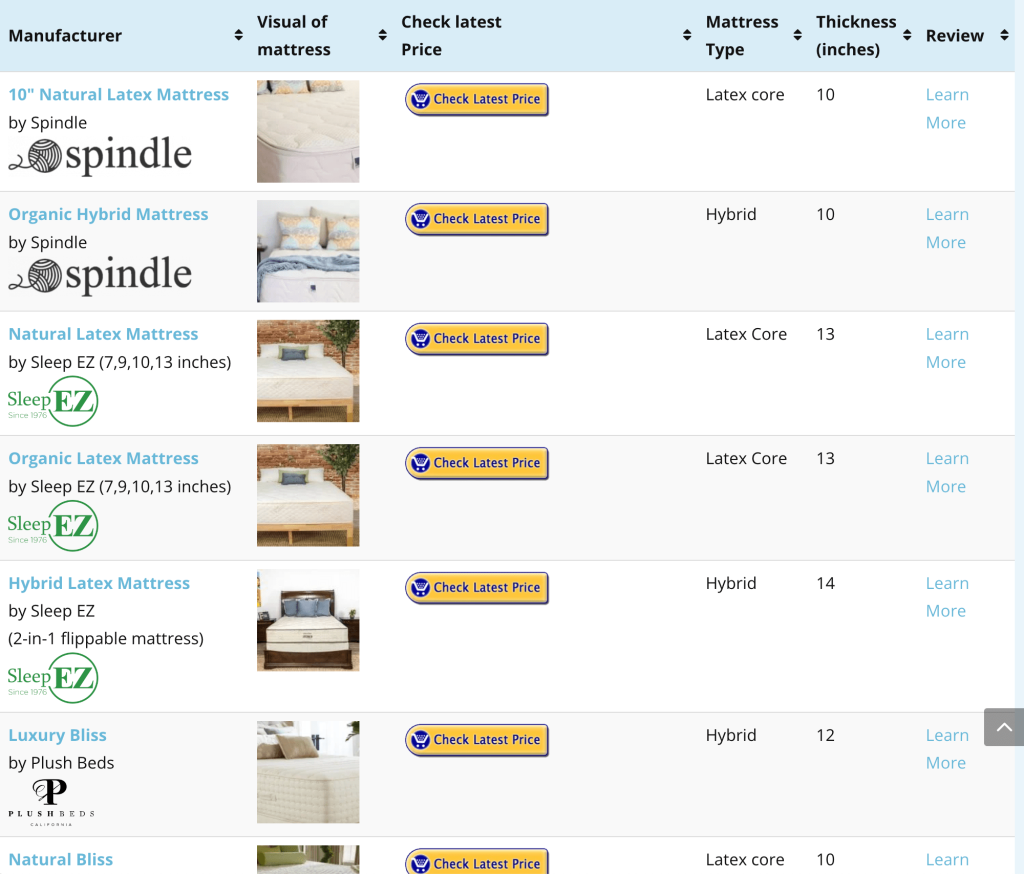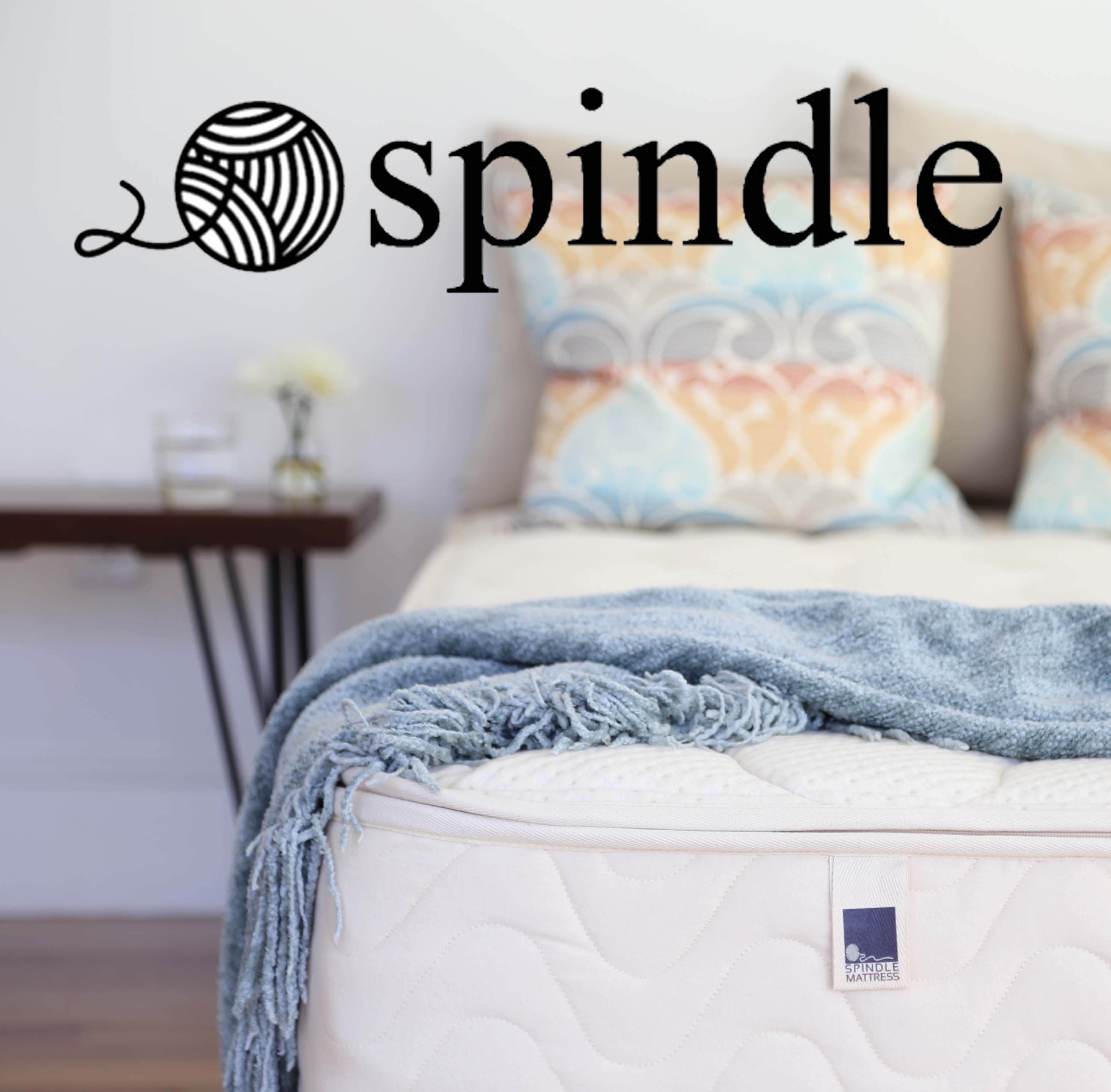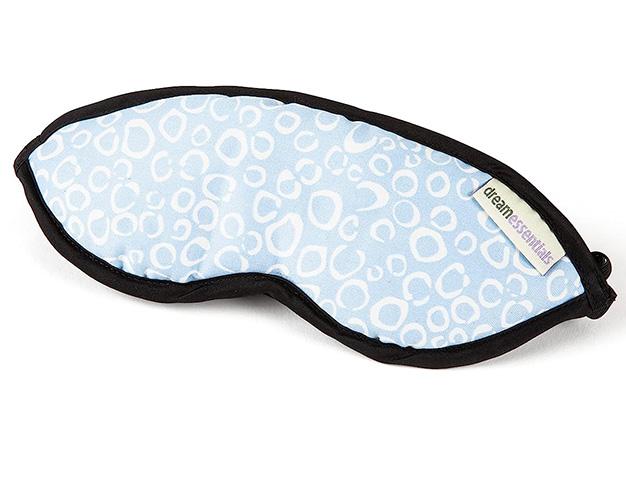Table of Contents
Integrating several get better sleep tips into your lifestyle will maximize the quality of your sleep. Following the get better sleep tips in this article is arguably the best lifestyle change you can make to increase your overall health, performance, and happiness. Without restful sleep, our bodies become run down and unable to function fully. Poor sleep can cause various health issues, such as a weakened immune system, increased stress, weight gain, and decreased energy and concentration. In addition, lack of sleep can diminish your ability to perform at work or school and lower your overall happiness.
Fortunately, there are various ways to maximize the quality of your sleep, and the best sleep tips are all organized in point form in this article. From establishing a consistent sleep schedule to avoiding stimulating activities before bedtime, you can take control of your sleep habits and reap the benefits.
Making changes to your lifestyle to maximize the quality of your sleep can be difficult at first, but the results make it worth it. You will experience improved physical and mental health by using the best sleep tips outlined below, and you will also notice better performance in your work and relationships.
Get better sleep tips.
1. Establish a consistent sleep schedule with regular sleep and wake times.
Establishing a consistent sleep schedule is essential for maintaining a healthy lifestyle. The first step is to figure out how much sleep you need each night, then go to bed and wake up around the same time every day. Most adults need 7-9 hours of sleep per night. Always plan for a little more than what you think you need.
Creating a wind-down routine before bed can help your body and mind relax, such as reading or listening to an audiobook. Avoiding caffeine and screens late at night can also help you sleep better. Finally, get natural light and exercise throughout the day to help keep your circadian rhythm balanced.
2. Avoid caffeine, alcohol, and nicotine before bed.
Caffeine, alcohol, and nicotine are all stimulants that can disrupt your sleep. Caffeine, in particular, has a half-life of about 5-6 hours, so if you consume it late in the evening, it can still be in your system when you go to bed, making it harder to fall asleep.
Alcohol may initially make you sleepy, but it can also disrupt your sleep during the night. Alcohol disrupts the normal sleep cycle, making it harder to stay asleep. Additionally, drinking alcohol before bed can lead to snoring, frequent trips to the bathroom, and waking up tired and hungover.
Nicotine use can make it harder to fall asleep. Nicotine is a stimulant that can increase your heart rate and blood pressure, making it difficult to relax and fall asleep. In general, it is best to avoid caffeine, alcohol, and nicotine before bed to get a restful and uninterrupted night of sleep.
3. Exercise regularly but not too close to bedtime.
Exercising too close to bedtime can raise your heart rate and body temperature, making falling or staying asleep difficult. Exercise can also increase alertness, making relaxing and settling for a good night’s rest difficult. Regular exercise is essential for overall health, but it’s important to time it correctly so it doesn’t disturb your sleep. Aim to finish exercising at least 3 hours before bedtime to give your body time to cool down and relax.
If you can’t avoid exercising close to bedtime, stick to low-intensity activities such as yoga or stretching. These activities can help you relax and unwind, which can help you drift off to sleep. Additionally, regular exercise can help establish a consistent sleep-wake cycle, improving sleep quality.
4. Avoid large meals and beverages late at night.
Research has shown that eating large meals and consuming large amounts of beverages late at night can lead to health problems such as poor sleep quality, obesity, and heartburn. A study by the University of Pennsylvania School of Medicine found that people who eat large meals within two hours of bedtime had higher levels of inflammation and poorer sleep quality than those who ate smaller meals earlier in the day.
Another study showed that people who consumed large amounts of caffeinated beverages late at night had higher levels of stress hormones in their blood than those who consumed the same amount earlier in the day. These studies demonstrate that avoiding large meals and caffeinated beverages late at night can positively affect health.
5. Avoid screens before bed. Try to read a book or meditate instead.
It is important to avoid screens before bed because the artificial blue light from screens can disrupt your body’s natural circadian rhythm or sleep-wake cycle. This can throw off your body’s natural sleep patterns and cause difficulty falling asleep and staying asleep. Additionally, the mental stimulation from screens can make it hard to relax and wind down for sleep. Reading a book or meditating can help to relax your mind and body in preparation for sleep.
6. Create a relaxing bedtime routine. Try taking a warm bath, listening to soothing music, or journaling.
Creating a relaxing bedtime routine is an essential part of healthy sleep hygiene. A warm bath before bed has been scientifically proven to reduce stress and help promote better sleep. According to a 2019 study, a warm bath before bed can increase melatonin, the hormone responsible for regulating sleep and wake cycles, and reduce core body temperature, which is crucial for falling asleep and staying asleep. Soothing music has also been scientifically proven to reduce stress and anxiety and help promote better sleep.
A 2019 study found that listening to relaxing music before bed can reduce stress, improve mood, and improve sleep quality. Finally, journaling has been scientifically proven to reduce stress and anxiety and help improve sleep quality.
According to a 2017 study, making a to-do list right before you sleep can help you fall asleep faster. Making a do-to list was more effective than journaling for inducing sleep.
7. Avoid noise, light, and temperature extremes in your bedroom.
Noise, light, and temperature extremes can disrupt our sleep and lead to poor sleep quality. A 2014 study found that noise levels above 45 decibels can interfere with sleep. Exposure to light before bed can also reduce melatonin production, which is vital for initiating and maintaining sleep. Sleeping in a room cooler than 65 degrees Fahrenheit is associated with improved sleep quality.
By avoiding noise, light, and temperature extremes in your bedroom before bed, you can create a more comfortable sleeping environment that will lead to better quality sleep. This can help you feel more alert and productive during the day, as well as reduce the risk of specific health problems such as heart disease, diabetes, and obesity that are linked to poor sleep.
8. Consider taking melatonin supplements.
Melatonin is a hormone produced by the pineal gland that helps regulate the body’s sleep-wake cycle. It has been used as a dietary supplement to help people with insomnia, jet lag, and other sleep disorders. Studies have found that melatonin may help reduce the time it takes to fall asleep, increase sleep time, and improve sleep quality.
A systematic review and meta-analysis of 24 randomized controlled trials involving 1,683 participants found that melatonin supplements significantly improved sleep quality and reduced the time it took to fall asleep compared to placebo. Another randomized, double-blind, placebo-controlled study found that melatonin significantly reduced the time it took to fall asleep, increased total sleep time, and improved sleep quality in elderly people with insomnia.
9. Seek treatment for underlying medical or psychological issues disrupting your sleep. Here are a few examples:
- Sleep Apnea: Sleep apnea is a serious sleep disorder in which breathing is briefly and repeatedly interrupted during sleep. According to the National Institutes of Health, sleep apnea affects more than 12 million Americans.
- Insomnia: Insomnia is a common sleep disorder that can make it difficult to fall asleep, stay asleep, or both. According to the NIH, an estimated 30% of adults in the United States suffer from chronic insomnia.
- Anxiety disorders are a group of mental health conditions that can cause excessive worry, fear, and other physical and psychological symptoms. According to the Anxiety and Depression Association of America, 40 million adults in the United States suffer from an anxiety disorder.
- Depression: Depression is a severe mental health condition that can cause persistent sadness and hopelessness. According to the National Institute of Mental Health, 8.4% of adults in the United States suffer from depression.
10. Invest in a comfortable mattress and pillows.
You might be tired of asking the people around you for better sleep tips because, let’s face it, most of your family and friends will tell you to “go to bed earlier.” But have you thought of upgrading your pillow?
Investing in a comfortable 3rd party certified, natural latex mattress and natural latex pillows is an excellent idea for a few reasons. First, natural latex is incredibly durable and long-lasting, making it an excellent investment. Natural latex mattresses and pillows also provide superior comfort and support, helping you to get a good night’s sleep. Finally, natural latex is naturally hypoallergenic, making it an excellent choice for those who suffer from allergies or asthma. All these benefits make natural latex mattresses and pillows a worthwhile investment for anyone who wants a comfortable and healthy sleep environment.
11. Do not nap during the day.
Taking naps during the day can lower the quality of your sleep. Studies have shown that napping during the day can lead to an increased risk of metabolic syndrome, a combination of medical conditions that increase the risk of stroke, heart disease, and diabetes. Additionally, research has found that daytime napping can disrupt nighttime sleep, leading to fatigue and decreased cognitive performance. Studies also suggest that napping during the day can interfere with normal circadian rhythms, making it more difficult to fall asleep at night. Research has found that taking naps during the day increases the risk of developing depression, anxiety, and other mental health issues.
12. Try to limit your exposure to bright light in the evenings.
Bright light exposure in the evenings can disrupt the body’s natural circadian rhythm, which regulates sleep-wake cycles. According to a study published in Science, exposure to bright light in the evenings can reduce melatonin production by up to 22%, leading to difficulty falling asleep, light and disrupted sleep, and daytime fatigue. Another study found that exposure to light at night can lead to various health issues, such as obesity, diabetes, depression, and breast cancer. Therefore, limiting exposure to bright light in the evenings is essential to maintain good health and quality sleep.
13. Avoid eating or drinking sugary or caffeinated beverages in the evenings.
Sugary and caffeinated beverages in the evenings can adversely affect sleep quality and duration. A 2019 study found that consuming sugary drinks in the evening can lead to increased nighttime awakenings and decreased sleep time. Caffeinated beverages can also interfere with sleep, as the stimulating effects of caffeine can take up to 8 hours to wear off. Poor sleep has been associated with an increased risk of obesity, diabetes, cardiovascular disease, and other chronic health conditions. Therefore, avoiding sugary and caffeinated beverages in the evenings is essential to ensure optimal health.
14. Use earplugs or a white noise machine to reduce noise.
Earplugs are an effective way to reduce noise and improve sleep quality. Studies have shown that earplugs reduce noise levels by up to 32 decibels to block out loud noises such as traffic, snoring, and other disruptive sounds. Additionally, earplugs can reduce the time it takes to fall asleep and improve sleep quality. This is because noise reduction helps reduce the number of distractions, allowing the brain to relax and the body to enter a deeper sleep state. Research has demonstrated that earplugs can reduce the risk of cardiovascular diseases, hypertension, and depression, all associated with poor sleep quality. Thus, earplugs are an effective and affordable way to improve sleep quality and reduce the risk of health complications.
A white noise machine can help someone who wants to sleep better by masking disruptive noise and providing a consistent, low-level background noise that can help to reduce distractions and create a more calming environment. According to a study, white noise can help reduce sleep disturbances, improve sleep quality, and reduce the time it takes to fall asleep. White noise can reduce stress and anxiety, improving overall sleep quality. Finally, a study found that white noise can help to reduce the intensity of tinnitus. This condition can lead to significant sleep disturbances.
15. Make sure your bedroom is dark and cool.
Having a dark and cool bedroom environment is vital for good sleep. Studies suggest that a bedroom temperature between 60-67°F (15.5-19.4°C) is optimal for sleep. Additionally, a dark environment is essential for producing melatonin, a hormone that helps the body relax and drift off to sleep. The following are some medical studies that suggest a dark and cool bedroom environment can help improve sleep.
16. Avoid using your bed for activities other than sleep and sex.
Using your bed for activities other than sleep and sex can interfere with your body’s ability to recognize the bed as a place for relaxation. If you use your bed for activities such as working, watching television or eating, your body may become accustomed to being in an active state when you are in your bed. This can make it difficult to relax and sleep when the time comes, leading to difficulty falling asleep or even insomnia.
17. Limit your exposure to stimulating activities before bedtime.
Medical studies have shown that exposure to stimulating activities like watching television, using a computer/tablet, or playing video games can interfere with a good night’s sleep. This is because activities like these can increase arousal levels and make it harder for your body to relax and fall asleep. It is recommended that activities like these be avoided for at least two hours before bedtime. One study found that using electronic devices before bedtime can significantly impact a person’s sleep quality and quantity. The study showed that children who used electronic devices before bedtime were more likely to suffer from sleep disturbances and go to bed later than those who did not use devices before bedtime.
18. Consider using a weighted blanket to reduce anxiety and improve sleep.
In multiple studies, weighted blankets have been found to reduce anxiety and improve sleep. Penn State Medicine found that weighted blankets gave study participants a calming, soothing sensation, reducing their anxiety and stress. Similarly, a 2021 study found that participants who used weighted blankets reported feeling calmer, more relaxed, and better able to sleep.
19. Try mindfulness or yoga to reduce stress and improve sleep.
Mindfulness and yoga are both popular practices to reduce stress and improve sleep. Mindfulness is the practice of being aware of the present moment, effectively reducing stress and anxiety, and improving sleep. Yoga is a physical practice that combines postures, breathing exercises, and meditation and has also been found to be an effective tool for reducing stress and improving sleep quality.
20. Free your bedroom of any electronic devices.
Electronic devices in your bedroom can harm your health and sleep quality. The blue light emitted from screens on phones, tablets, computers, and other devices can disrupt the production of melatonin, a hormone responsible for regulating sleep cycles. Additionally, the constant stimulation of electronics can make it difficult for the brain to relax and wind down for sleep.

